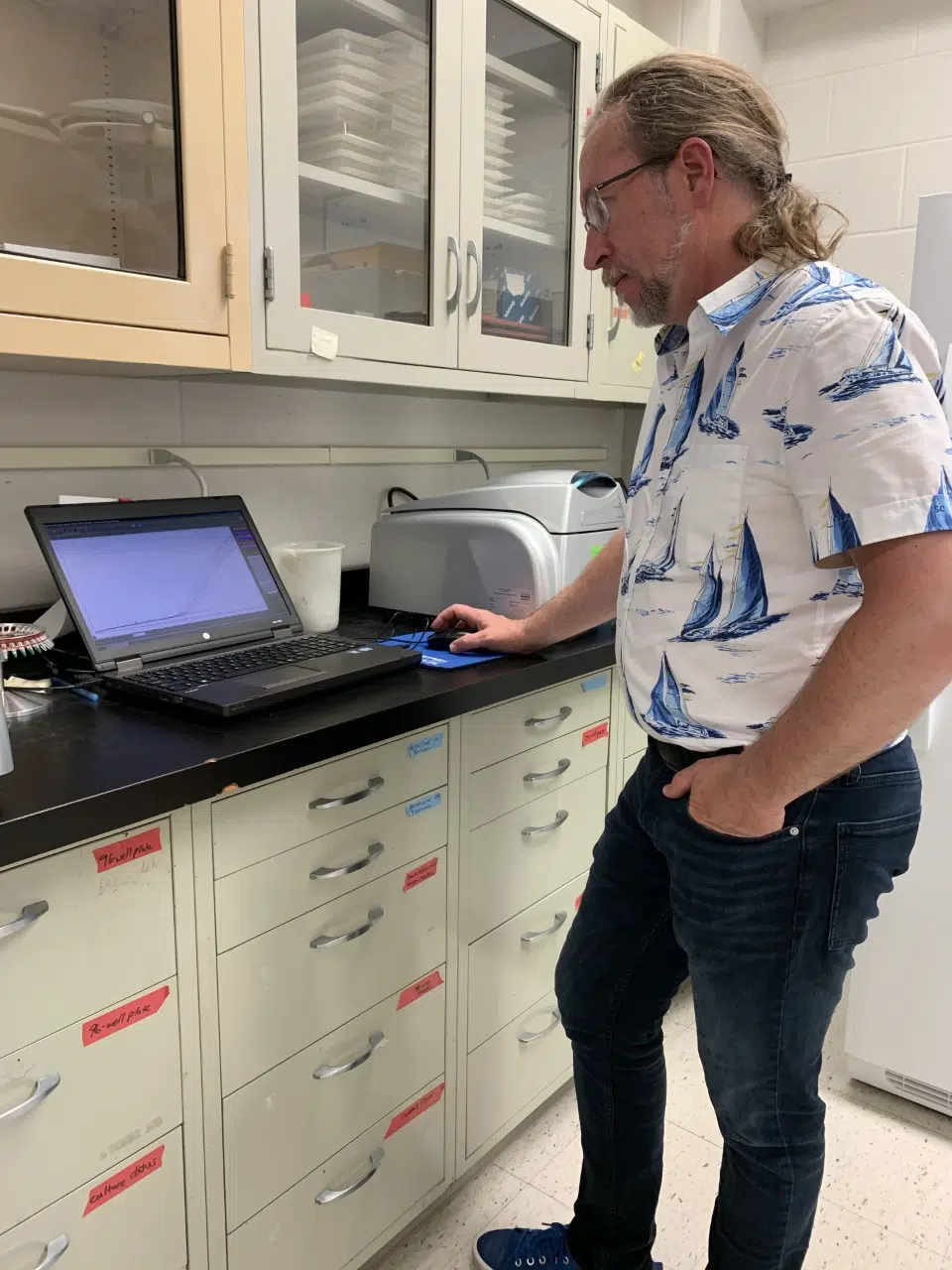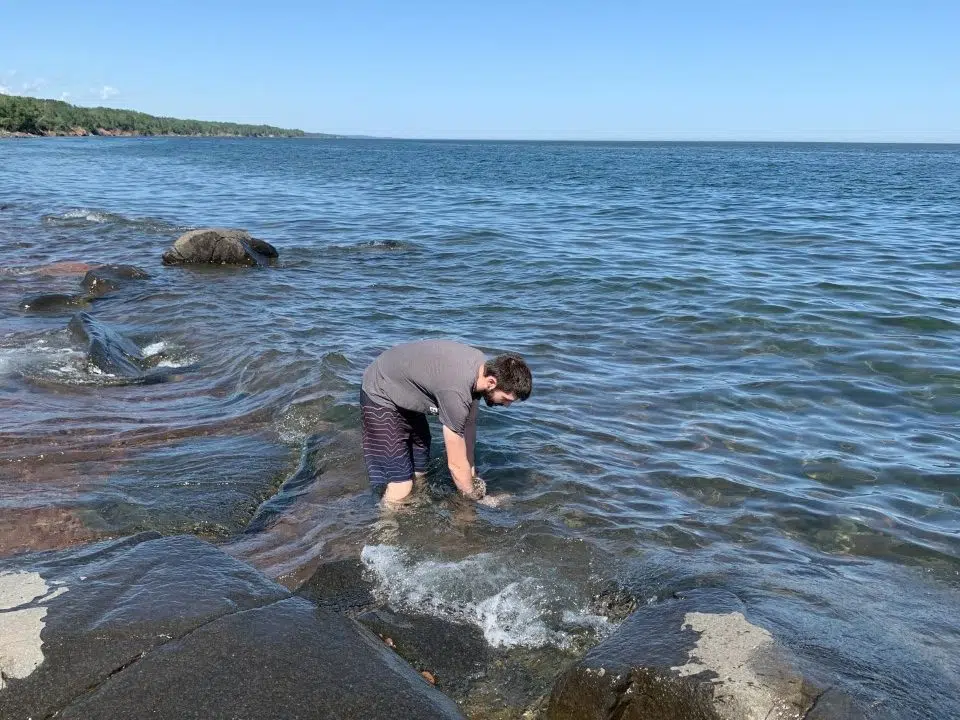Trace amounts of the genetic structure of SARS-COV-2, the virus that causes COVID-19, have been found in some beaches of Duluth.
Dr. Richard Melvin is with the University of Minnesota Medical School, Duluth campus, and tells us his team was looking during the summer, testing a theory that infected people, beachgoers, brought the virus. “The way it would get there is through fecal material. It’s common beaches become contaminated with fecal material due to people swimming there.”
The University professor adds this does not necessarily mean people physically brought the virus, or that COVID-19 is even at the beaches in infectious ways, but they could have impacted the nearby environment enough the genetic structure made it there.
As for who may have brought it, or if it was somehow through the environment, remains to be seen.
“Things like this are eventually going to show up in the environment. We don’t know how widespread this is, if it’s a local phenomenon, or if it’s more widespread,” says Dr. Melvin.
He points out this helps to learn about the virus, and dealing with future pandemics. He also says current health protocols, such as mask wearing, is still the best way to prevent the virus, and this discovery of SARS-COV-2, suggests the virus is present in the community near the lake.
It’s also a shakeup for their study of COVID-19. “The finding doesn’t fit with our original hypothesis, that beachgoers would be responsible for bringing it there. But there are other things that happen in the environment around communities that make us a little less surprised.”
The University professor adds the possibility sewage brought the samples to the lake is one theory, but there are many factors which could have done this. He adds globally, the virus has been found in sewage, with water treatment plants being very effective in destroying the virus.
The University researcher says they’ve told the Minnesota Department of Health, local health authorities, and that people in the area, and who may want to be around the water, will need to be more cautious.










